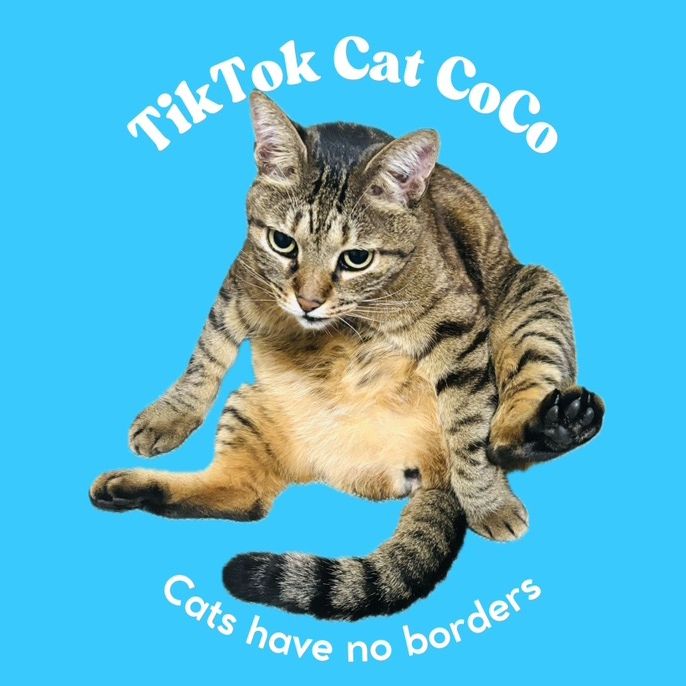Why I Prefer PostgreSQL Over MySQL


When it comes to choosing a relational database for a project, two of the most popular options are PostgreSQL and MySQL. Both databases have their strengths and are widely used in the industry, but for me, PostgreSQL stands out for several reasons. Below, I’ll outline why I prefer PostgreSQL over MySQL.
1. Advanced Features and Flexibility
PostgreSQL is often praised for being the most advanced open-source database, and for good reason. It supports a wide range of advanced features that make it incredibly flexible and powerful:
-
・ Full ACID Compliance: PostgreSQL ensures full compliance with ACID (Atomicity, Consistency, Isolation, Durability) principles, which is crucial for maintaining data integrity in complex applications.
-
・ Complex Queries: It handles complex queries, subqueries, and joins efficiently. With features like Common Table Expressions (CTEs) and window functions, PostgreSQL makes it easier to write sophisticated queries.
-
・ Data Types: PostgreSQL supports a rich set of data types, including JSON, XML, hstore, and even custom types, allowing for more expressive and efficient data modeling.
2. Better Standards Compliance
PostgreSQL adheres more closely to SQL standards than MySQL. This adherence to standards is important because it ensures better compatibility with SQL-based applications and minimizes surprises when moving to or from other SQL databases. PostgreSQL’s standards compliance is often cited as one of its greatest strengths, especially for applications that require robust, consistent SQL support.
3. Extensibility and Customization
One of PostgreSQL’s standout features is its extensibility. You can define your own data types, operators, and even functions, giving you the ability to tailor the database to your specific needs. This level of customization is unmatched by MySQL, making PostgreSQL a more powerful tool for developers who need to push the boundaries of what a database can do.
- ・ PL/pgSQL: PostgreSQL’s procedural language, PL/pgSQL, allows for creating complex stored procedures and functions. It also supports other procedural languages like Python, Perl, and JavaScript, giving developers even more flexibility.
4. Superior Concurrency and Performance
When it comes to handling high-concurrency workloads, PostgreSQL excels. It uses Multi-Version Concurrency Control (MVCC) to handle simultaneous transactions without locking the database, which is a significant advantage over MySQL, especially under heavy load.
- ・Parallel Query Execution: PostgreSQL supports parallel query execution, which can significantly speed up query processing on large datasets. This is particularly useful for data-intensive applications where performance is critical.
5. Strong Community and Ecosystem
PostgreSQL has a vibrant and active community that contributes to its continuous improvement. The ecosystem around PostgreSQL is rich, with a wide range of tools, extensions, and libraries available to extend its functionality.
-
・PostGIS: For geospatial data, PostgreSQL offers PostGIS, a powerful extension that adds support for geographic objects, making PostgreSQL the go-to choice for geospatial applications.
-
・Foreign Data Wrappers: PostgreSQL’s Foreign Data Wrapper (FDW) functionality allows you to query other databases (including MySQL) as if they were tables in PostgreSQL, making it easy to integrate and interact with multiple data sources.
6. Better Handling of Large Databases
For very large datasets, PostgreSQL has proven to be more efficient and capable. Its ability to handle large amounts of data without compromising performance is a key reason why I lean towards PostgreSQL for projects that require scalability.
- ・Partitioning: PostgreSQL’s table partitioning feature helps manage large tables by breaking them into smaller, more manageable pieces. This is crucial for maintaining performance as your dataset grows.
Conclusion While both PostgreSQL and MySQL have their places in the database world, PostgreSQL’s advanced features, standards compliance, extensibility, superior concurrency, and strong community support make it my preferred choice. Whether I’m working on a simple application or a complex, data-heavy project, PostgreSQL gives me the tools and flexibility I need to build robust, scalable systems. If you’re looking for a database that offers power, flexibility, and reliability, I’d recommend giving PostgreSQL a try.